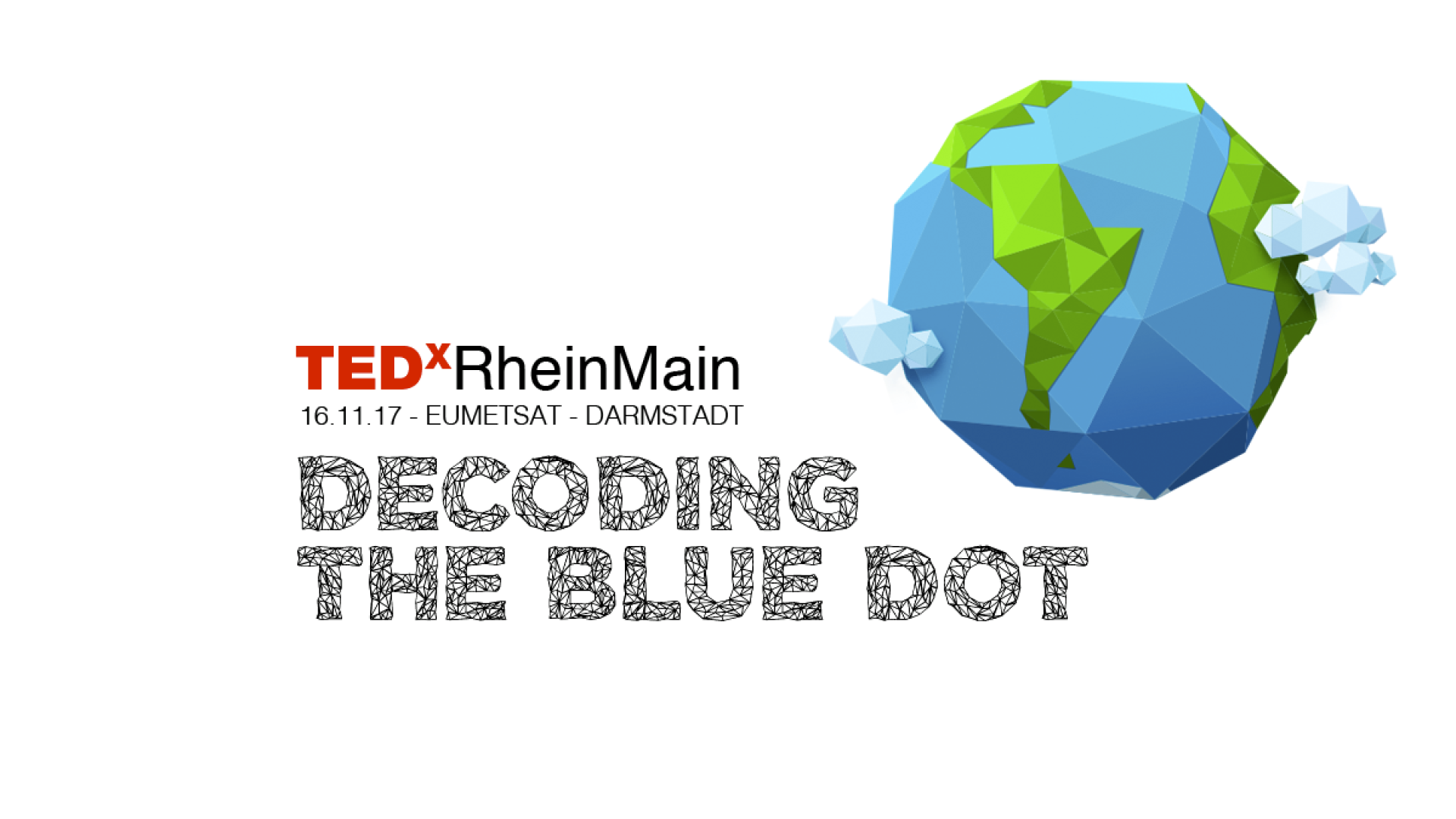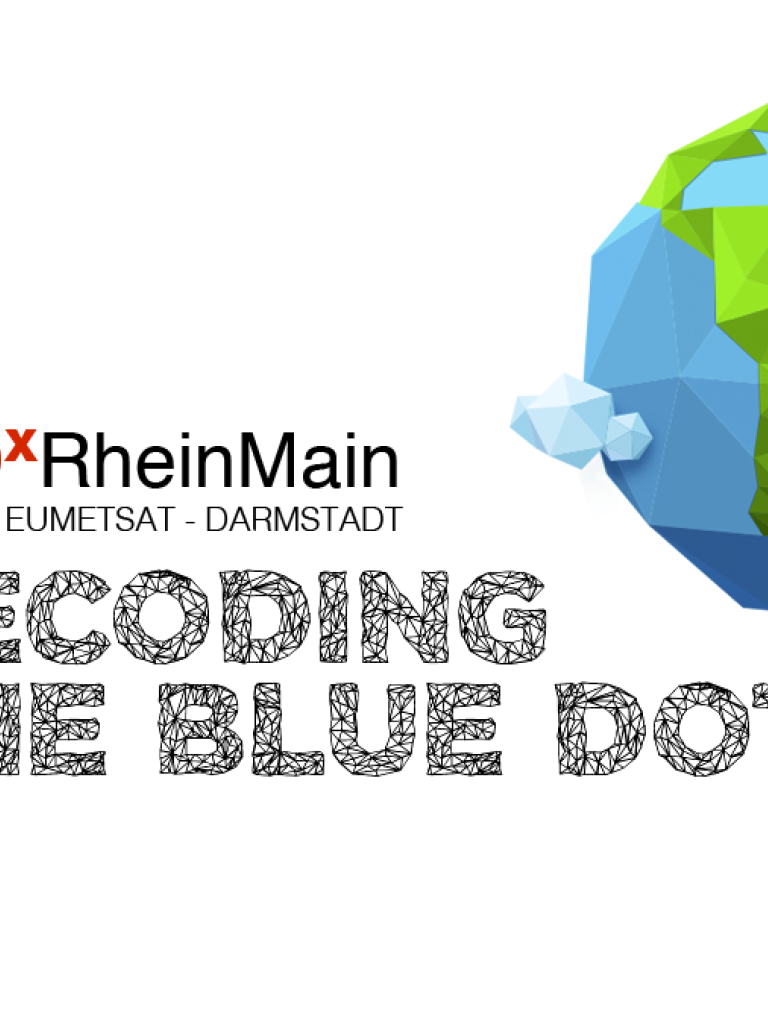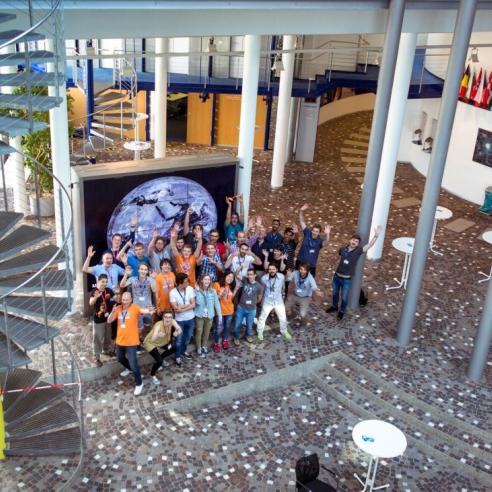
Copernicus TEDx “Decoding the Blue Dot” event
EUMETSAT will host a TEDx event organised by the RheinMain TEDx group.


The Decoding the Blue Dot event is sponsored by the EU Copernicus Programme and will take place on 16th November, involving 6-7 invited talks with a focus on the applications of Earth observation data, and in particular, data from the Copernicus Programme.
19 May 2022
30 October 2017
Watch the event live
Speakers include:
- Pierre-Yves Cousteau, Cousteau Divers/Conservationist - http://www.cousteaudivers.org
- Pierre Bahurel, CEO at Mercator Ocean - https://www.mercator-ocean.fr and http://marine.copernicus.eu/
- Hayley Evers-King, Marine Scientist at Plymouth Marine Lab - http://www.pml.ac.uk
- Kwame Adu Agyekum, Marine Scientist at University of Ghana - https://www.ug.edu.gh
- Remko Scharroo, Remote Sensing Scientist a EUMETSAT – http://www.eumetsat.int
- Miles Lindner, EXCISS http://www.goethe-university-frankfurt.de
Event Schedule
| 17:00 | 17:45 | Check-In | ||
| 17:45 | 17:55 | Introduction | Wolfgang Weicht | TEDx RheinMain |
| 17:55 | 18:05 | Welcome address | Mark Higgins | EUMETSAT |
| 18:05 | 18:25 | Speaker 1 | Pierre-Yves Cousteau | Cousteau Divers |
| 18:25 | 18:45 | Speaker 2 | Pierre Bahurel | Mercator Ocean |
| 18:45 | 19:05 | Speaker 3 | Hayley Evers-King | Plymouth Marine Laboratory |
| 19:05 | 19:50 | Break | ||
| 19:50 | 20:00 | Welcome Back | Mark Higgins | EUMETSAT |
| 20:00 | 20:20 | Speaker 4 | Kwame Adu Ageyum | University of Ghana |
| 20:20 | 20:40 | Speaker 5 | Remko Scharoo | EUMETSAT |
| 20:40 | 21:00 | Speaker 6 | Miles Lindner | EXCISS |
| 21:20 | 21:30 | Closing address | ||
| 21:30 | 22:30 | Networking | ||
The event will be filmed and streamed live on the internet and all the presentations will also be available after the event on the TEDXRheinMain site and on the official TEDX YouTube site.
About Copernicus
Copernicus is a European system for monitoring the Earth using satellites and in situ sensors. The Earth observation satellites contributing data to Copernicus are split into two groups of missions: the Copernicus Sentinels and the Contributing Missions – find out more. Data from these sources are then processed and provided to users through a set of six Copernicus services: land, marine, atmosphere, climate change, emergency management and security. The Copernicus programme provides users with free, full and open access to environmental data.
